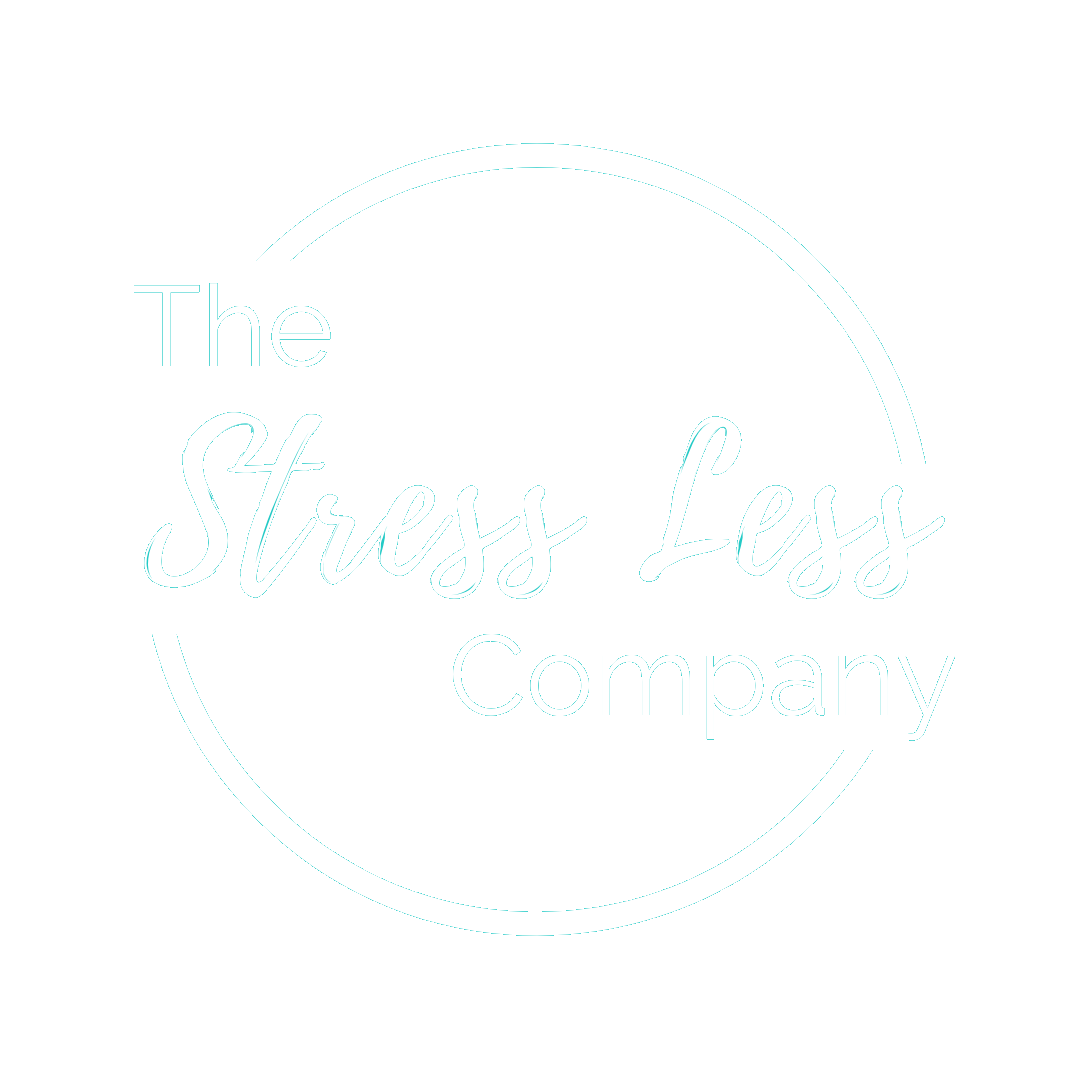On the go? Listen to The Stress Less Show as a Podcast!
I think it’s safe to say that we have all had anger get the better of us from time to time. Whether we are snapping at loved ones, throwing things at the wall, or screaming in our cars, anger can manifest itself into a lot of negative behaviors that impact our wellbeing, our families, our relationships, our work, our communities. Processing our anger can be tough - especially in the moment - but there are ways we can find healthy ways to understand and navigate the anger we feel so that we can prevent it from standing in the way of our lives and the change we want to create in the world. This week on The Stress Less Show, I talked to Psychotherapist, certified anger management specialist and CEO of At A Moments Notice, Tyra Gardner, about all things anger so that we can all start to handle our anger before it handles us.
Tyra has been a Psychotherapist for over 20 years and in her time working with clients, she began to notice that anger was an all too common theme that would come up. Learning about her own anger, Tyra began to focus on anger management to better serve all of the people she was seeing carrying anger inside of them.
“I wanted to help more people, you know, with channeling their anger and their rage to other areas that are more calming and more peaceful”
Tyra’s work has allowed her to help countless people in processing their anger and she shared with me so many insights that can help all of us navigate our moments of anger in a much healthier way.
The Two Main Types of Anger
While we may be quick to recognize anger when it shows up, we may not realize that there are different types of anger that affect us. Being aware of what type of anger we experience can help us understand where our anger is coming from and how to handle the effect it has on us. Tyra notes that there are two types of anger that show up most often.
The first kind of anger that can impact our lives and our relationships is displaced anger, which Tyra defines as the kind of anger that is caused by a particular person or situation but ends up being directed towards someone or something else.
For example, we may come home from a long and stressful day at work only to pick a fight with a loved one because that frustrating conversation with our coworker or boss is still nagging in the back of our mind. This kind of anger, Tyra mentions, has a way of going left unchecked when we are not aware of it.
“Sometimes, we get so comfortable in our lifestyle that it goes on for years and years and years… We're used to it. But you shouldn't be used to it. We need to help you find a new way to channel that anger.”
Secondly, another kind of anger that shows up frequently according to Tyra is situational anger. Situational anger is the type of anger that arises as a result of a particular event that occurs, causing you to respond in an aggravated or frustrated way.
This kind of anger can stir up painful emotions that cause us to react in strong ways that Tyra points out, we typically would not have reacted in other circumstances. This is why Tyra highlights the importance of understanding and managing when situational anger is influencing our behavior.
“When it occurs, the first thing they want to do is label you as angry… It's not necessarily that you're angry. The situation that happened is what caused you to react [that] way”
Tyra’s Steps for Dealing with Anger
After gaining an insight into what kind of anger we may be experiencing in our daily lives, the next step is to begin to work through the internal responses we have towards it. In order to start managing anger in our lives and our relationships, Tyra has five steps to keep in mind as we feel anger beginning to set in.
Gain Self Control and Take a Moment to Think
Remain Calm
Take a Deep Breath
Prevent Yourself From Responding When Angry
Identify Possible Solutions to Your Anger and The Problem at Hand
These five steps are crucial in disrupting the cycle of anger. Following them allows us to first create space in between our initial anger and our actions, and then take stock of what we can do to move forward. While anger is inevitable in many situations especially in today’s world, we can use these tools to transform our anger into action and let go of the negative behaviors and feelings that cause us to stay stuck inside of the situations and instances that anger us.
—
Have you heard? Self-love accountability has gotten a whole lot easier! We’ve launched The Virtual Stress Less Space, a brand new virtual self-care accountability group to help you relax and recharge in the comfort of your own home! Learn more here and join us for our next session on June 30th at 5:30pm!
